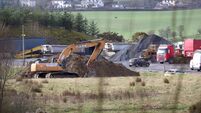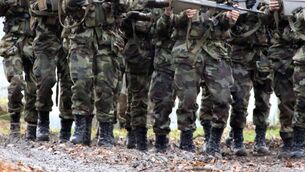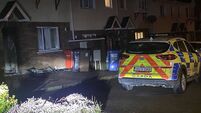Paramedic service to be deployed early next year
HSE spokeswoman Norma Deasy revealed the news as the first five advanced paramedics in the southern region were about to take up their posts in West Cork. These specialists could save countless lives in emergency situations, especially in isolated rural areas which are miles from major hospitals.
Ms Deasy said advanced paramedics have a Graduate Diploma in Emergency Medical Science from UCD, which takes approximately two years to complete.













